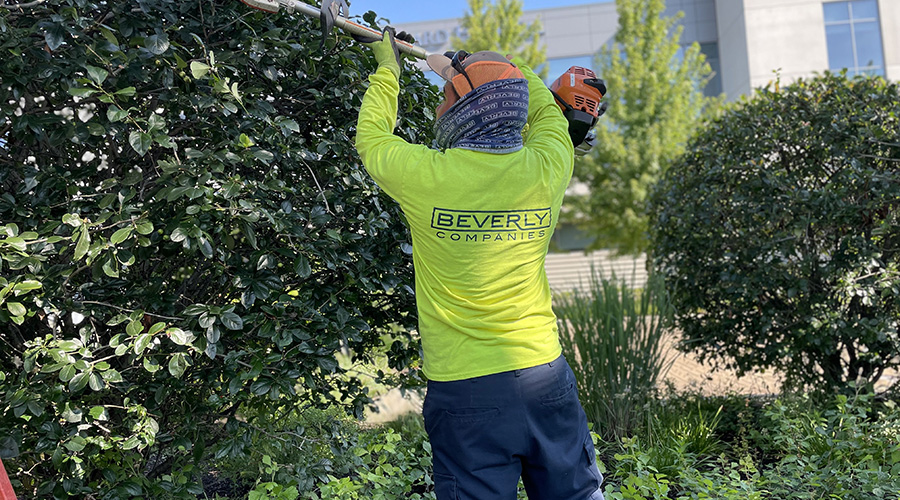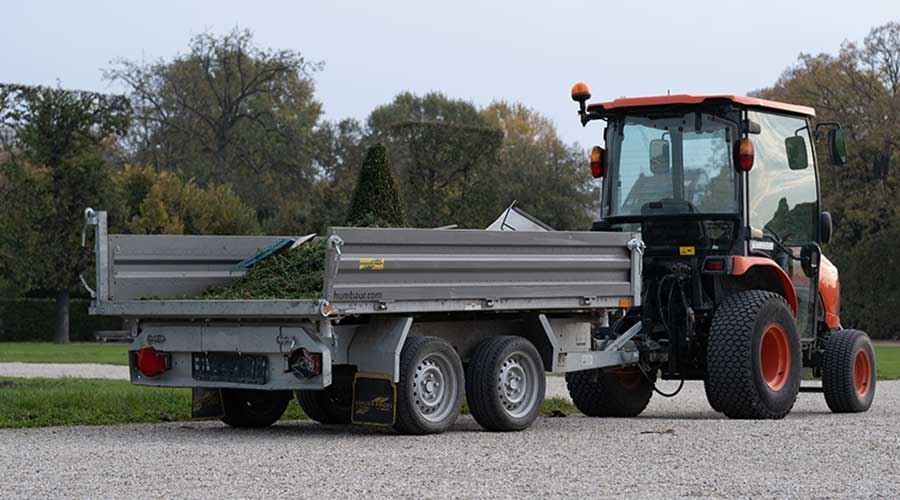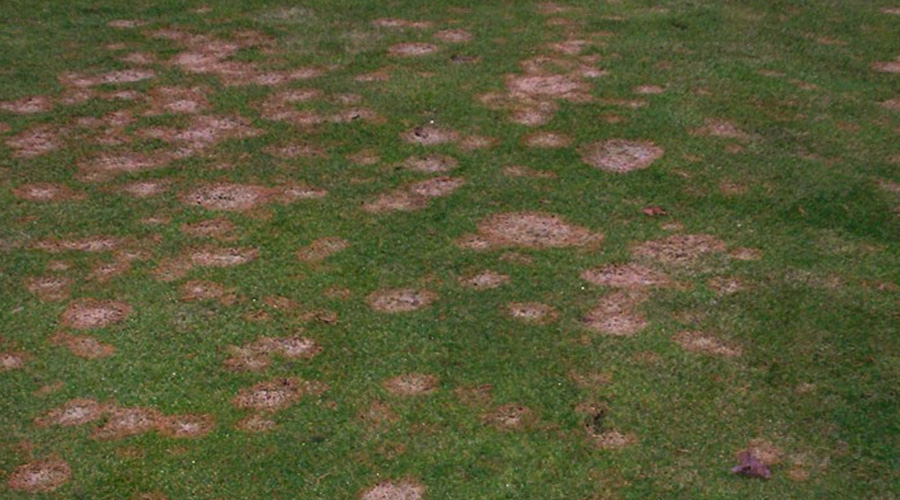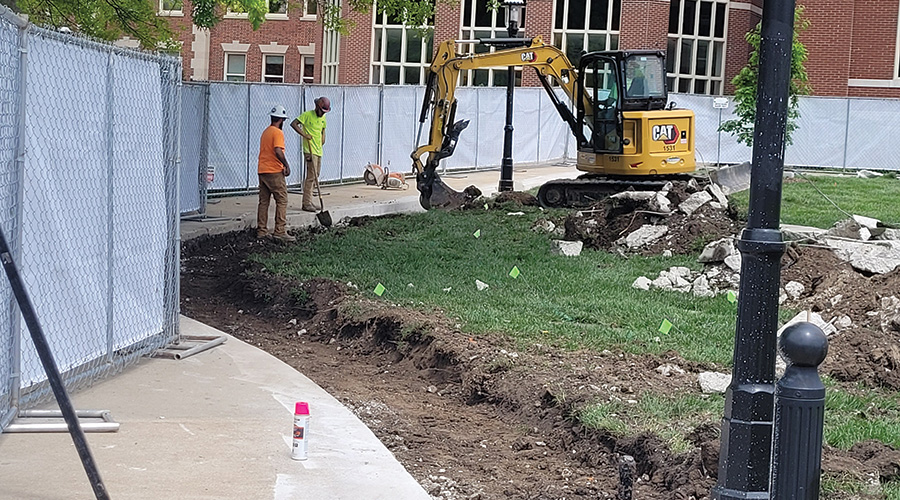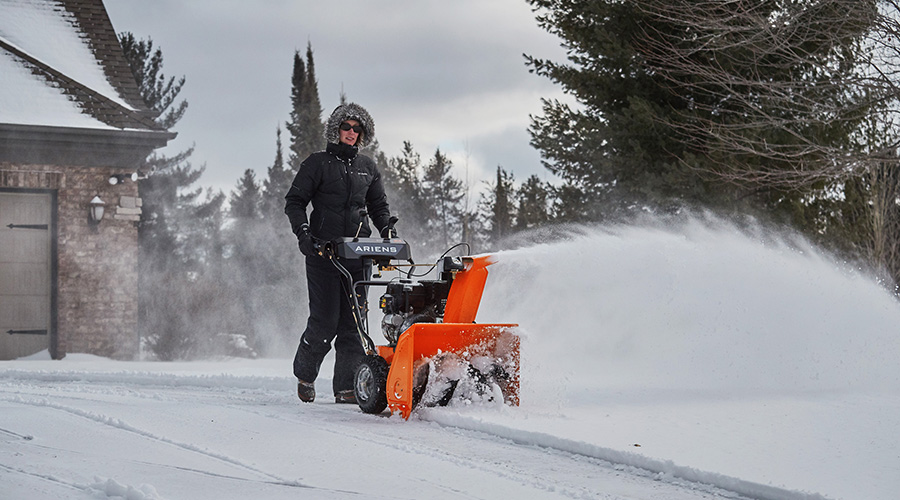Steps to Securing a Reliable Grounds Vendor
When finding a grounds management partner, the lowest bid isn’t always the best option.
Grounds managers often face challenges with vendors who promise low bids but deliver subpar performance, leaving the property vulnerable to damage and legal liability. This situation can result in unresolved maintenance issues, poor quality work, and contractual disputes that drive up costs for institutional and commercial facilities
When looking for a grounds management partner, managers need to consider taking the proper measures:
Set clear contractual terms: Develop comprehensive contracts with landscaping and maintenance vendors that include service-level agreements, defined response times, and penalties for missed deadlines.
Vet and choose reputable vendors: Research vendors thoroughly, review past case studies, ask for references, and ensure that they have a proven track record in managing commercial and institutional properties.
Regularly monitor and audit vendor performance: Conduct routine performance reviews and site inspections to verify that contracted work meets the necessary quality standards. Open communication with vendors helps ensure any emerging issues are addressed promptly.
Inadequate attention to safety standards and legal requirements can lead to slip-and-fall accidents or other injuries, which not only harm tenants or visitors but also expose facility managers to lawsuits and insurance claims. Liability issues often arise when maintenance practices are neglected or when vendors fail to meet contractual safety obligations.
To ensure that partners are sticking to their contracted obligations, managers should:
Maintain detailed documentation: Keep meticulous records of all maintenance activities, inspections, and repairs. In the event of an incident, these records serve as critical evidence that proper care was exercised.
Review and update safety protocols: Regularly update safety measures and ensure compliance with local regulations regarding drainage, walkway conditions, and landscaping maintenance.
Conduct regular risk assessments: Proactively identify and remedy potential hazards, such as uneven surfaces, overgrown vegetation, or improperly maintained hardscapes.
Train staff on safety and emergency procedures: Ensure both in-house teams and external vendors are educated about safety protocols and are trained to respond swiftly to adverse conditions.
Tom Marsan is a certified snow professional who has been in the landscaping and snow removal industry for about two decades. He is an active member of ILCA and SIMA and is currently the general manager at Beverly Companies in Chicagoland.
Related Topics:








